#greco-roman
Text
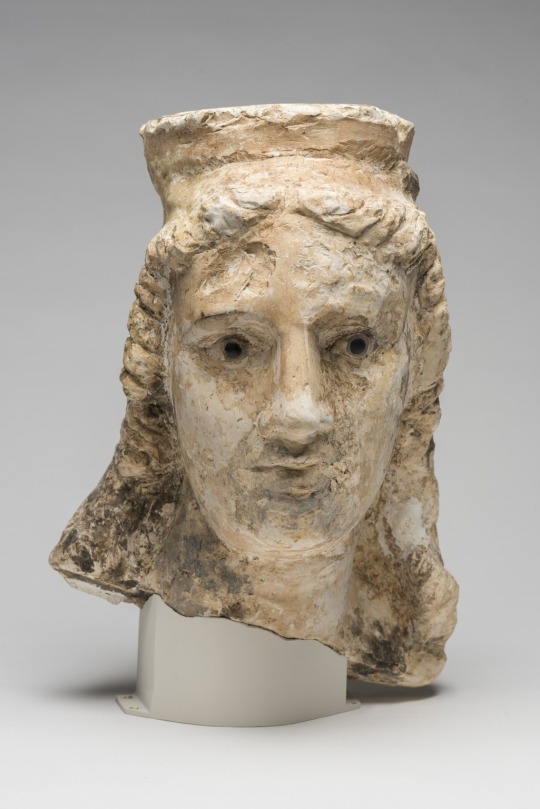

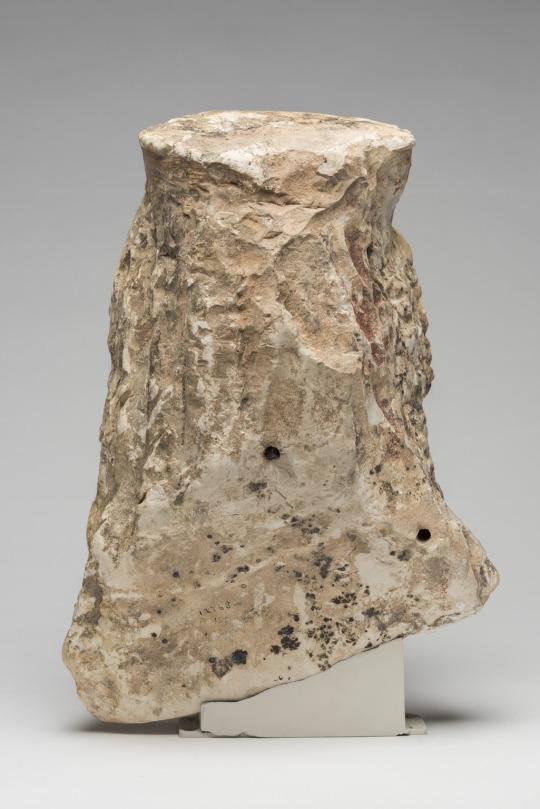
~ Female Head.
Culture: Graeco-Egyptian
Place of origin: Akhmim, Egypt
Date: 1st century B.C.-A.D. 1st century
Period: Ptolemaic Period-Roman Period
Medium: Limestone, stone, pigment
#ancient#ancient art#history#museum#archeology#ancient egypt#ancient sculpture#roman#ancient history#archaeology#Greco-Roman#female head#portrait#akhmim#Egyptian#egyptology#Egypt#ptolemaic#roman period#1st century B.C.#a.d. 1st century
281 notes
·
View notes
Note
Hey do you have any literature recommendations for people who want to broaden their knowledge on the classics and Greek/Roman myths without taking university courses?
So like for people (such as myself) who have read Bullfinch's Myths of Greece and Rome and Edith Hamilton's Mythology: Timeless Tales of Gods and Heroes but want to deepen their knowledge and maybe go to intermediate level type stuff. Or whatever the level above the mentioned literature is.
Well those two books are quite old and skip over quite a few things. Both are very important to our culture, historically, but I'd recommend reading through some more modern popular retellings like Stephen Fry's Mythos series if you're looking for pure entertainment and a dummy's guide to Greek myths.
The Penguin Dictionary of Classical Mythology is a useful reference book if you have difficulty keeping track of all these names and whatnot. It's just a reference book but you know. Having a reference book handy is quite useful. I personally prefer reference books when it comes to checking stuff when I'm doing mythology things anyways. They're generally more organized than the internet.
If you're looking for entertaining retellings of less popular myths, I'd actually recommend going to videos and podcasts for that. YouTubers like MonarchsFactory, Overly Sarcastic Productions, Jake Doubleyoo, and Mythology & Fiction Explained are all people who do a lot of research themselves on the myths they retell and I would recommend all of them to basically anybody. As far as podcasts go, Mythology & Fiction Explained has a podcast version and Let's Talk About Myths, Baby! is a very informative podcast that talks about sources for the myths and has interviews with experts on the subjects. It's also a podcast that is specifically Greco-Roman based.
As far as doing slightly more in-depth research, I cannot recommend theoi.com enough. I really can't. It has overviews of the most common myths, it has pages about god and hero cults, it cites it's sources and has an online library of translated texts. It's just really good. Go clicking around it for a while. It's a lot of fun if you're into that sort of thing.
As far as primary sources for myths go, there's a few places you could start. The Iliad, perhaps. The most recent English translation is by Caroline Alexander but I personally prefer Stanley Lombardo's translation. The Odyssey is a more accessible read in my opinion if you're not used to reading epic poetry. Emily Wilson's translation is especially accessible, written in iambic pentameter and generally replicating Homer's simple conversational language.
The third traditional entrance into the epic cycle of the surviving literature is the Aeneid. The newest translation of that is by Shadi Bartsch, which is pretty good, but it reads more like prose than poetry. Would still highly recommend it though. Robert Fitzgerald's translation is also good.
If you wanna get fancy you can read the Post-Homerica which attempts to bridge the gap between the Iliad and the Odyssey. It's not often read but it's one of the latest pagan sources we have from people who still practiced ancient Greek religion.
If you want a collection of short stories from ancient times, Ovid's your guy. Metamorphosis is specifically Roman and specifically Ovid's fanfiction, but it's also a valid primary resource and Ovid generally views women as people. What a concept!
Though I think the absolute best overview from ancient times itself is The Library aka Biblioteca by pseudo-apollodorus. Doesn't matter what translation you get. The prose is simple to the point where it's difficult to screw it up. Not artistic at all. It is, quite simply, a guy from ancient times trying to write down the mythological history of the world as he knew it. It has a bunch of summaries of myths in it, and most modern printings also have a table of contents so you can essentially use it as a reference book or a cheat sheet. I love it.
The Homeric Hymns weren't actually written by Homer but that's what they're called anyways. They're a lovely bit of poetry because, well, they were originally hymns. They've got some of the earliest full tellings of the Hades and Persephone story and the birth of Hermes in them. They also provide an insight into how ancient people who were most devoted to these gods viewed them. Go read the Homeric Hymns. They're lovely. You can buy the Michael Crudden translation or you can read a public domain translation online. I don't care. Just read them.
If you're into tedious lists, the next place I'd recommend you go after you read all the fun stuff is Hesiod's Theogony. Hesiod, the red pill douchebag of the ancient world, decided he was gonna write down the genealogy of all the Greek gods. That means lists. I'm not exaggerating. Be prepared for a lot of lists. But this work also has the earliest and one of the most complete versions of the story of Pandora, the creation of humans, and the most popular version of the Greek creation myth. So, it's very useful. If you can take all the lists.
The Argonautica aka the voyage of the argo by Apollonius of Rhodes, is also here. That is also a thing you can read. About the golden fleece and whatnot. And Jason. You know Jason. We all hate Jason.
Greek theatre also provides a good overview of specific myths. The three theben plays, Medea, the Bacche, etc. We've only got thirty-something surviving plays in their entirety so like... look up the list. Find one that looks interesting. Read it. Find a performance of it online, maybe. They're good.
If you want to dive into the mythology as a religion that was practiced, Greek Religion by Walter Burkurt and Ancient Greek Cults: A Guide by Jennifer Larson are pretty good books on the topic and often used as textbooks in college courses.
If you wanna get meta and get a feel for what the general public today thinks about Greek myths and what the average person that's sort of knowledgeable about Greek myths knows, the books you already mentioned are good. That's what people usually read. In addition to those, most people's intro to Greek myths generally involves The Complete World of Greek Mythology by Richard Buxton, D’Aulaires’ Book of Greek Myths by Ingri and Edgar Parin d’Aulaire, or The Percy Jackson series.
I've been flipping through the big stacks of mythology books I keep on my table trying to remember if I've forgotten anything but I don't think I have so, yeah. Hope this helps. There's no correct starting point here. Once you get started there's a nearly endless void of complications and scholarship you can fall down that you'll never reach the bottom of. This post is basically just a guide to the tip of the iceberg.
#mythology#greek mythology#roman mythology#reference#roman said a thing#classical mythology#classics#classics reference#mythology for beginners#mythology reference#greco-roman
383 notes
·
View notes
Text
Word I'm sick of these days:
"Greco-Roman"
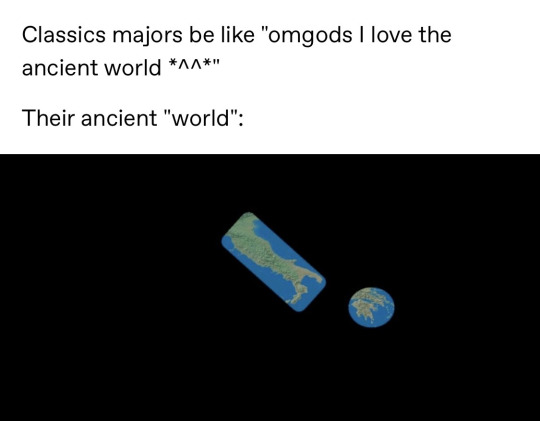
#greco-roman#ancient rome#ancient greece#ancient history#classics#because there were more than two civilizations in the ancient world...#And no#the ancient near east doesn't suddenly disappear after the classical period
107 notes
·
View notes
Text
icarus is a kind of fallen angel
46 notes
·
View notes
Text
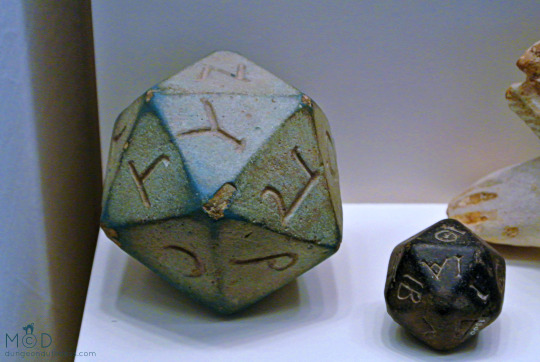
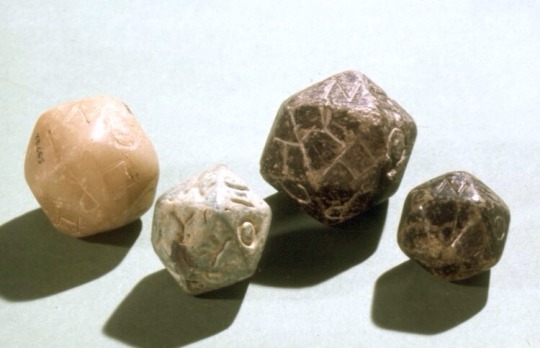
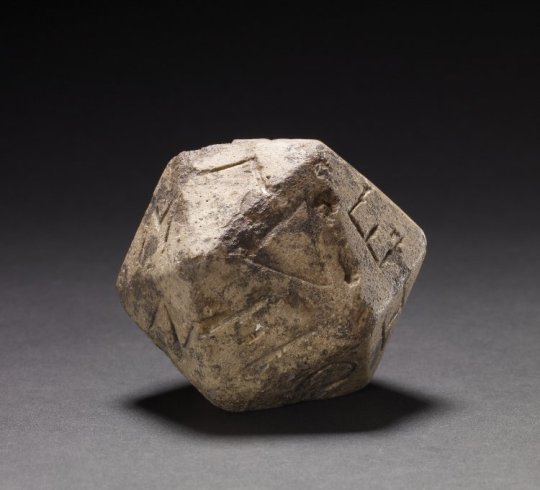
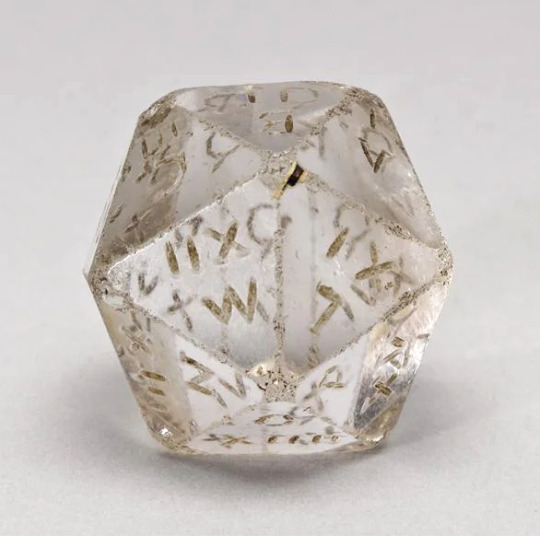

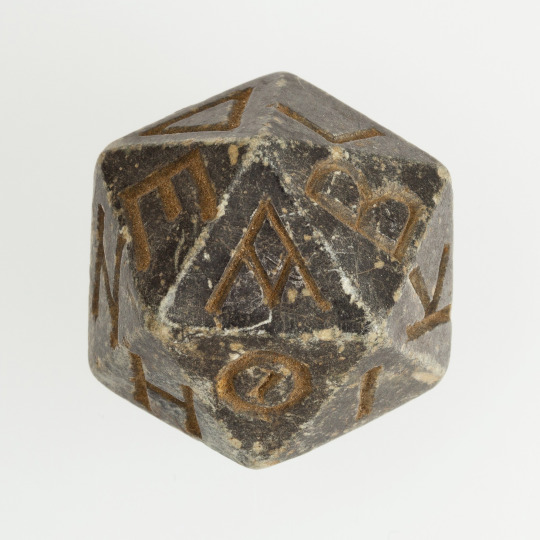

Greco-Roman polyhedral dice.
#weird dice wednesday#dice#weird dice#polyhedral dice#d20#greek#roman#greco-roman#possibly for divination possibly for gambling nobody knows could be anything#the ancient game of wax tabuli and styli known as delta et delta
35 notes
·
View notes
Text
Excavations have uncovered a 1,700-year-old iron trident in the heart of ancient Assos, a city coveted by empires, philosophers, and legends! This rare #relic sheds light on the city's rich maritime heritage and its connections to Greek and Roman mythology.
#iron#Roman#Byzantine#Poseidon#Neptune#Aristotle#Greco-roman#maritime#Turkey#ancient#history#ancient origins
36 notes
·
View notes
Text
@adracat has made some really intriguing observations about allusions to Norse mythology in The Witch from Mercury, but it recently occurred to me there’s some connections to Greco-Roman mythology too, specifically the namesake of Suletta and Prospera’s surname, Mercury, and how mother and daughter are associated with his various attributes:
Traveller & Merchant: The family motto of “Move forward and gain two” is a mercantile mindset, one shared by mother and daughter (though it looks increasingly like Suletta won’t be renewing her subscription), and is further apt with Suletta being an immigrant from literally another planet and Prospera being a CEO.
Trickster: As Miorine and Shaddiq have both observed, Suletta’s too honest for this to apply, but it fits Prospera and her schemes like a glove.
Herdsman: Mercury’s association with farm animals, particularly goats, cattle, and chickens, is practically shouting about Suletta’s bond with Earth House and their animals.
Communicator: Developing communication skills, from what I’ve been told, is a recurring theme for Gundam protagonists in general, and is definitely one for Suletta in particular, and I’m looking forward to the payoff of Suletta learning how to effectively communicate.
Thief: This one might actually apply to Suletta in the future, depending on how she acquires her next mobile suit (Gundamjacking is also apparently a time-honored tradition of Gundam protagonists).
Psychopomp: Oddly enough, Prospera’s an inverse of this, since her goals seem to be the opposite of a psychopomp’s traditional duties. Conversely, depending on how the ending plays out, Suletta may turn out to be a more straightforward example (the only time Suletta will be straight anything, heh).
Also, I can’t help but feel that the open flaps of Suletta’s boots, and the tufts of hair she has sticking off to the side of her head, are meant to invoke the winged footwear and helmet traditionally associated with Mercury.
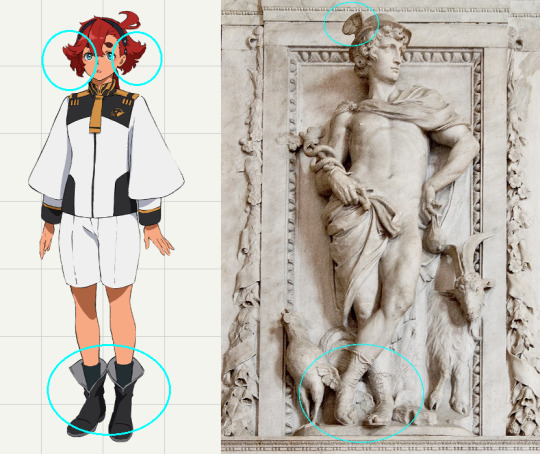
#text#anime#mythology#mobile suit gundam: the witch from mercury#greco-roman#suletta mercury#mercury
64 notes
·
View notes
Text

Pale gold Roman pendant earrings.
Gold, Pearl, Glass. 3rd Century A.D.
British Museum. 1917,0601.2672
11 notes
·
View notes
Text
Christians Are Intolerant
It is well-known that in the Greco-Roman world there was a pantheon of gods. Every group had its own deities, and they were easily and naturally placed alongside other deities. For the most part, no one objected to the existence of other gods. It was a polytheistic world.
Of course, the earliest Christians were as monotheistic as their Jewish predecessors and quite unwilling to play along with the standard religious practices of Greco-Roman culture. For Roman rulers trying to keep the peace, Christian intolerance of other gods was a perennial frustration.
Pliny the Younger, Roman governor of Bythinia (writing c.111-113), expressed his frustration over the fact that Christians would not “invoke the gods.” In a letter to emperor Trajan, he lamented their “stubborness and unyielding obstinancy.” In other words, he was angry over their intolerance.
Why was Pliny so bothered? Because the influence of the Christians had caused the pagan temples to be “deserted” and thus “very few purchasers could be found” for the sacrificial animals.
In other words, they were losing money.
To fix the problem, Pliny decided to force Christians to worship the pagan gods and curse Christ, and if they refused they were put to death
~ Michael J. Kruger
15 notes
·
View notes
Text
LONE // WATERFALL REVERSE
[TRITON SGL, DEC 2023]
12 notes
·
View notes
Text
Some art from the Getty for my Greek mythology enjoyers and hellenic polythiests 💞 will report w/more (1/2)
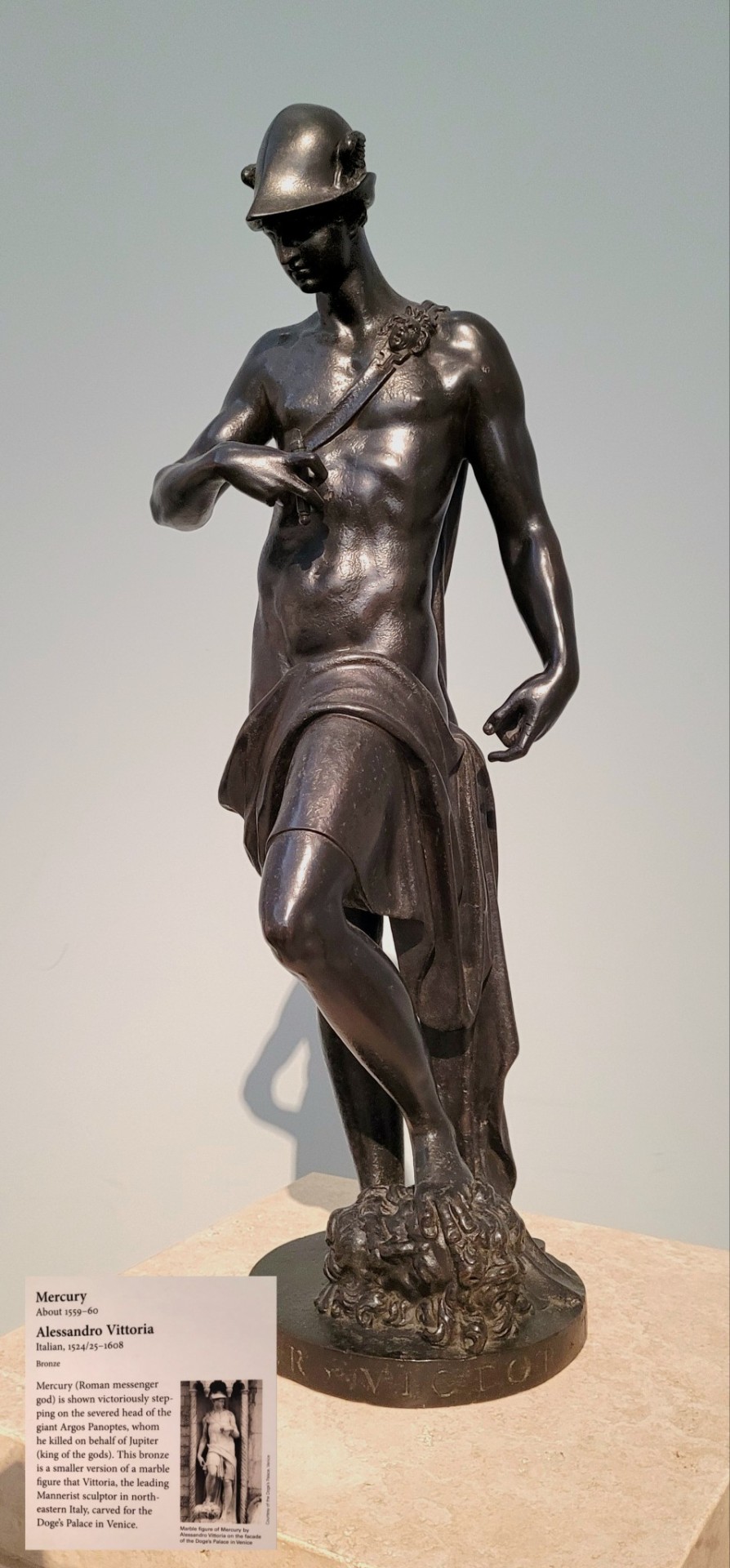
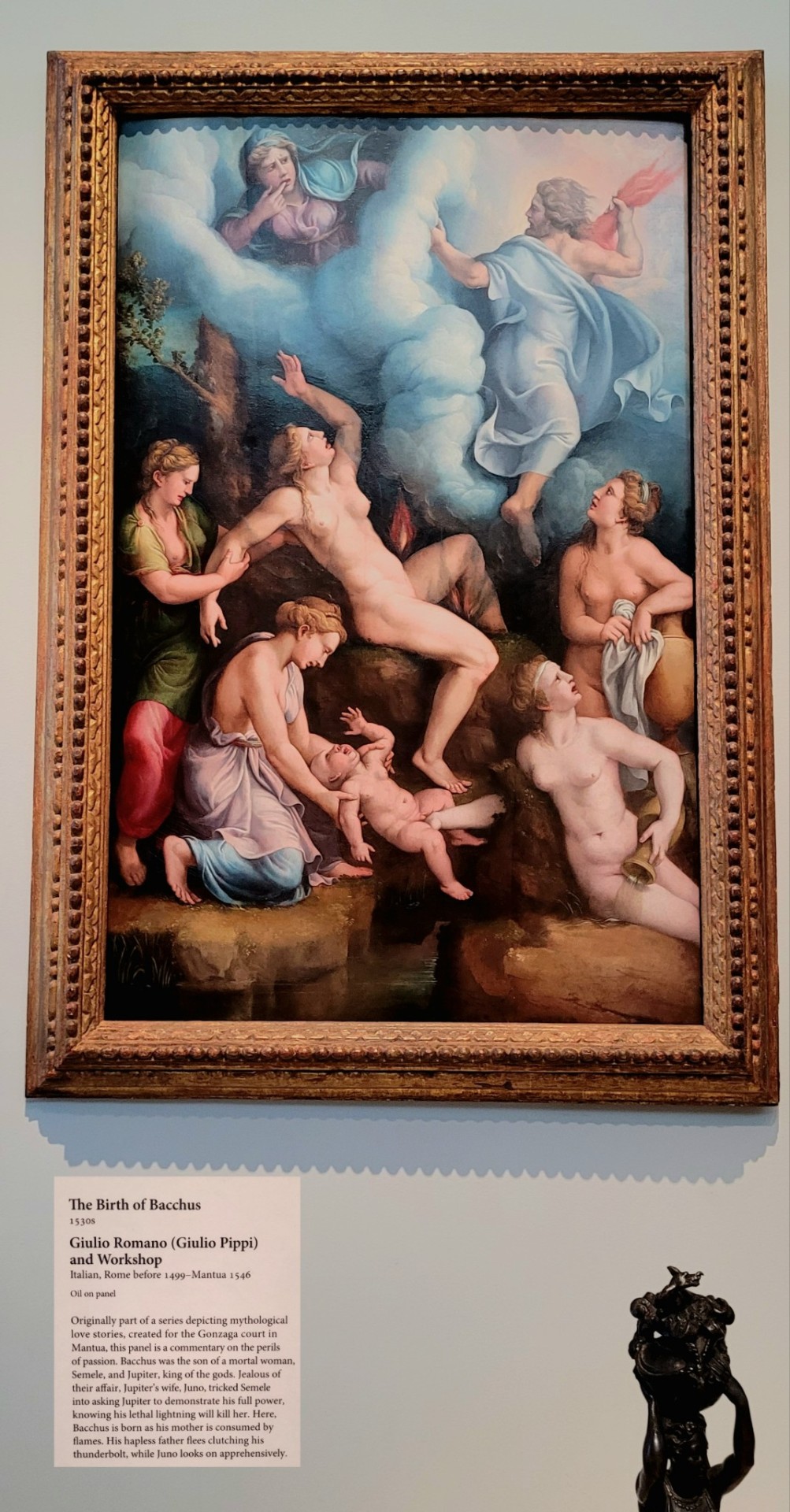


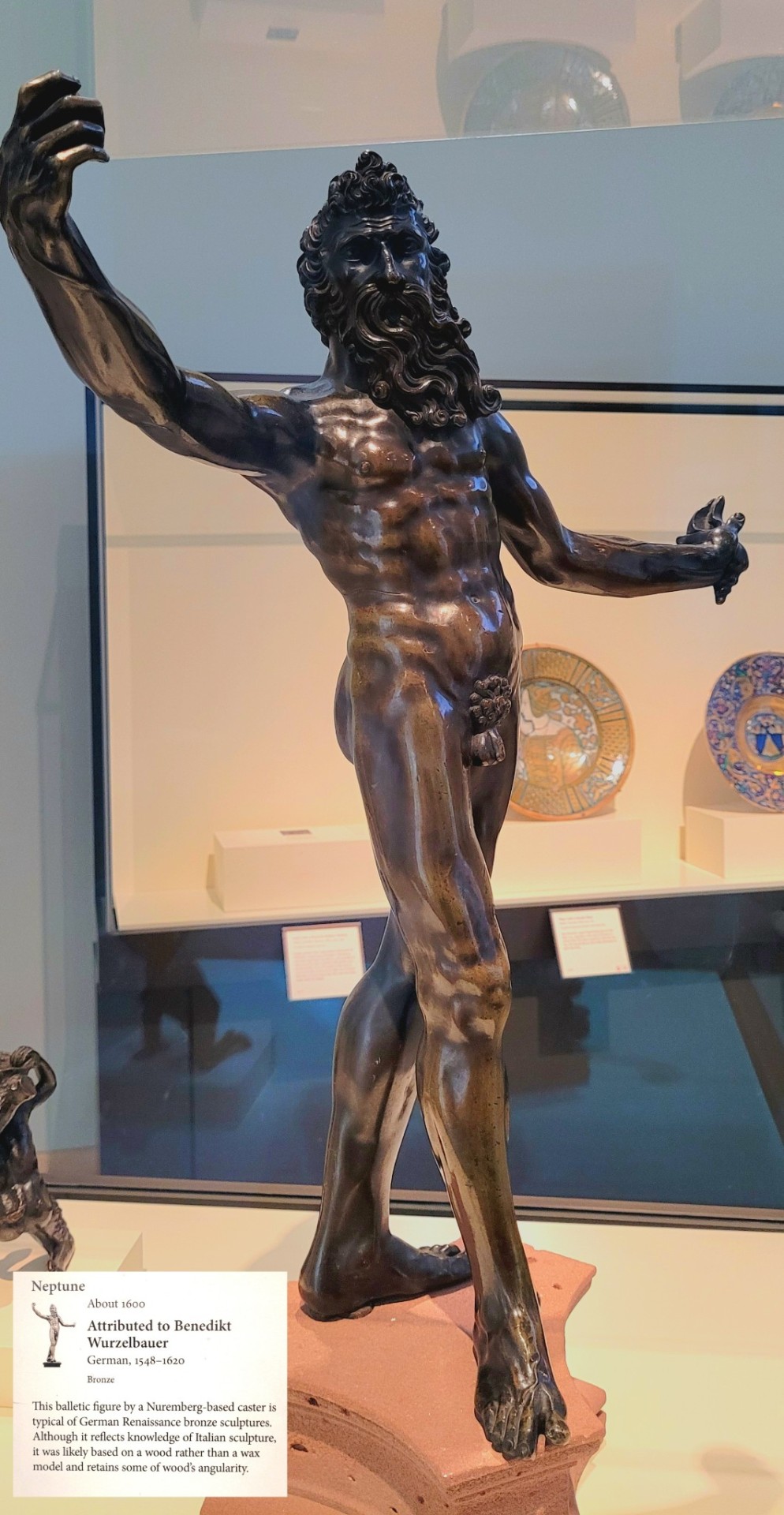
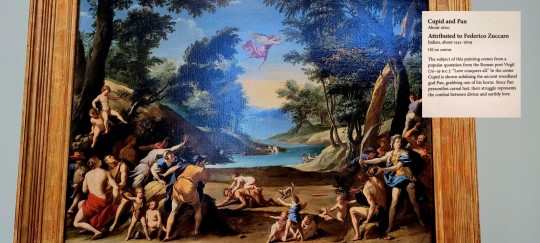


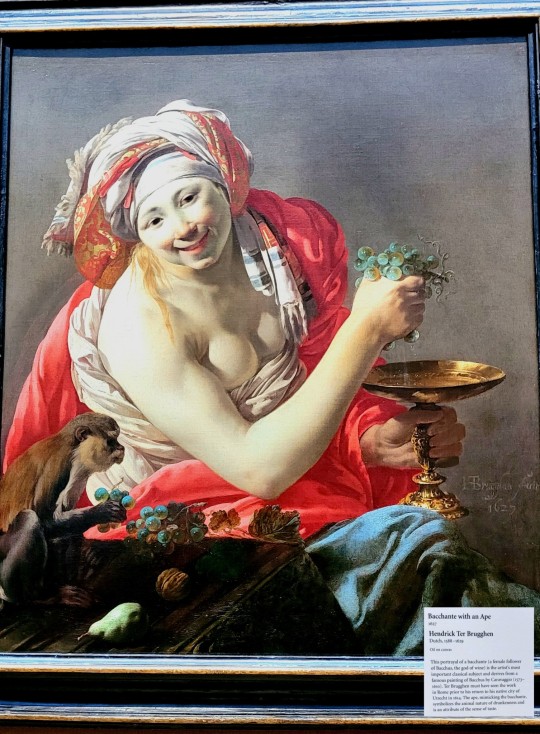

#greco roman#greco-roman#hellenic polythiest#hellenic#hellenic pagan#greek mythology#art#pagan art#paganism#pagan#fine art#sculpture#greek#roman#ancient greece
13 notes
·
View notes
Photo
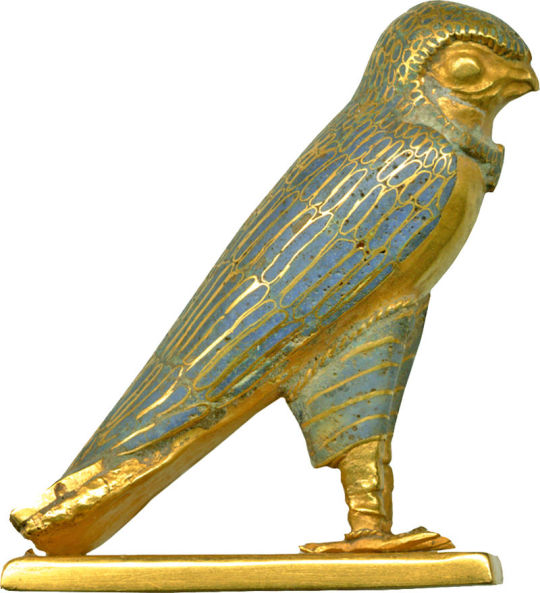
Greco-Roman figure of Horus, god of kingship and the sky.
159 notes
·
View notes
Text
Virgil is more emo than Homer ~ my classics professor
6 notes
·
View notes
Text

Medea from Jason and the Argonauts
#digital art#vector#vector art#adobe illustrator#Medea#Jason and the argonauts#art#digital drawing#greek mythology#Greco-Roman#classical mythology#cinema#film
8 notes
·
View notes
Text
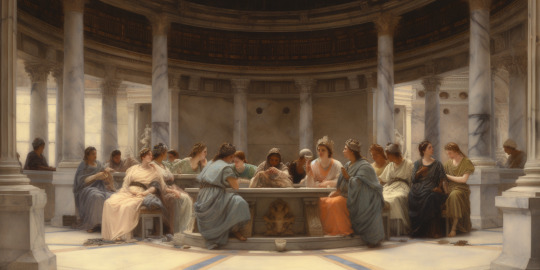
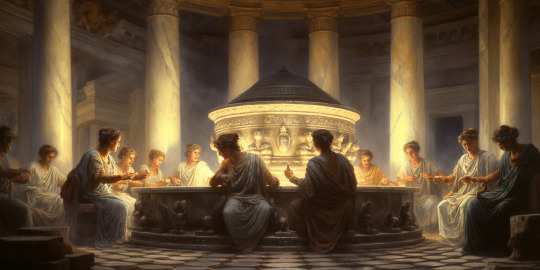
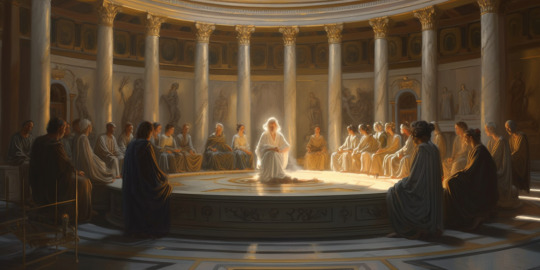
Imagine an ancient council of Greco-Roman women. That's what we have here.
by Midjourney v5
EDIT:
Here's the prompt I used:
In a great spacious round and well-lit Greco-Roman temple chamber with ample lighting, close-up of numerous women in ancient Greek clothes with fine up-do hair are seated on marble benches around a heavy marble circular table, heated debate, marble mosaic, balanced classical architecture, mythical, ethereal, intricate, elaborate, hyperrealism, hyper detailed, strong expressiveness and emotionality, in the style of Alma-Tadema, Norman Rockwell, William-Adolphe Bouguereau, Henryk Siemiradzki, Edwin Long, cinematic lighting, visual clarity, 200mm, UHD, 32k, 16k, 8k, 3D shading, Tone Mapping, Ray Tracing Global Illumination, Diffraction Grating, Crystalline, Lumen Reflections, Super-Resolution, gigapixel, color grading, retouch, enhanced, PBR, Blender, V-ray, Procreate, zBrush, Unreal Engine 5, Cinema 4D, ROMM RGB, Adobe After Effects, 3DCG, VFX, SFX, FXAA, SSAO, --ar 4800:2400
#AI Art#Midjourney#Midjourney v5#Ancient Greece#Ancient Rome#Greco-Roman#boulé#ancient women#Midjourney prompt
13 notes
·
View notes
Text

Palais de Justice, Brussels
Designed by the architect Joseph Poelaert, in an eclectic style of Greco-Roman inspiration, to replace an older courthouse, the current building was erected between 1866 and 1883.
The current Palace of Justice is located on the Galgenberg hill (French: Mont aux potences; "Gallows Mount"), between Brussels' upper and lower town, where in the Middle Ages convicted criminals were hanged, hence its name.
#dark academia#light academia#academia aesthetic#classical#academia#escapism#classic literature#books#books and libraries#architecture#historical architecture#old building#palais de justice#brussels#Joseph Poelaert#Greco-Roman#Galgenberg hill#royal core#cottage core#aesthetic#1800s#19th century
16 notes
·
View notes